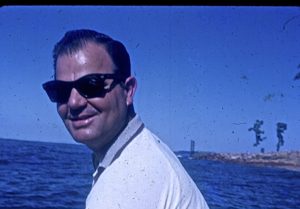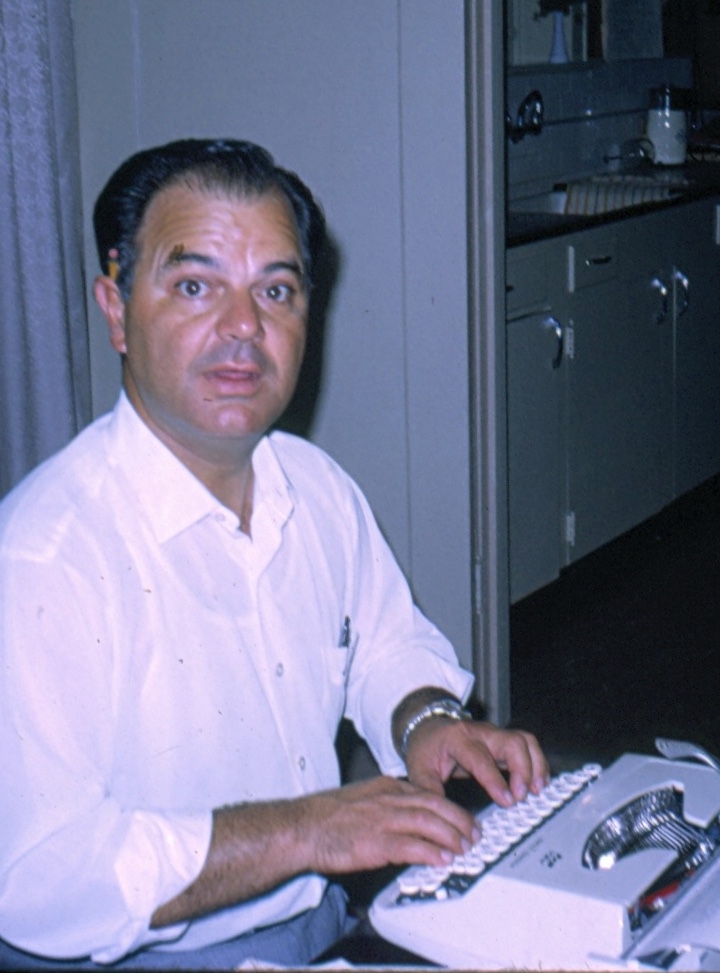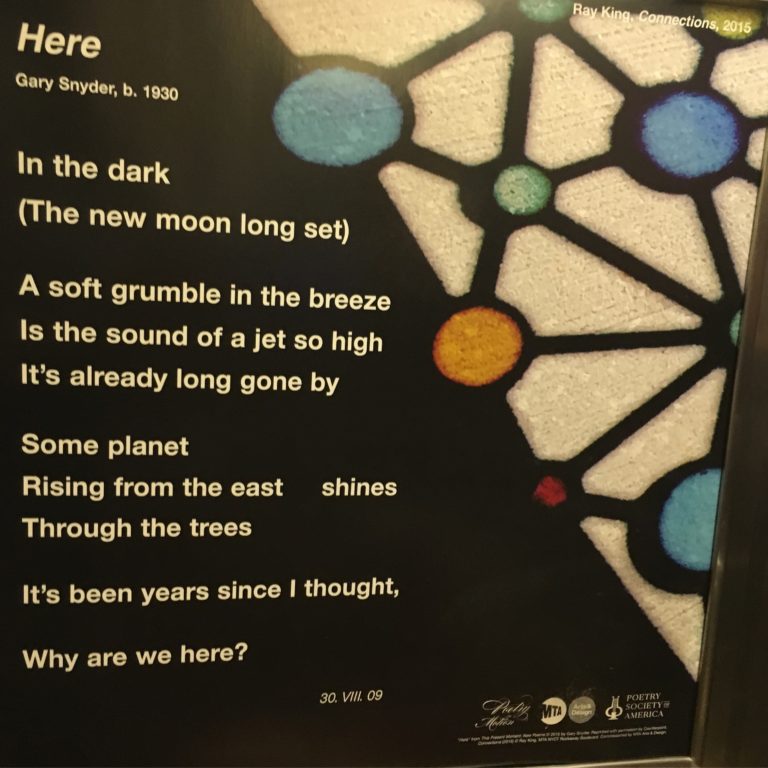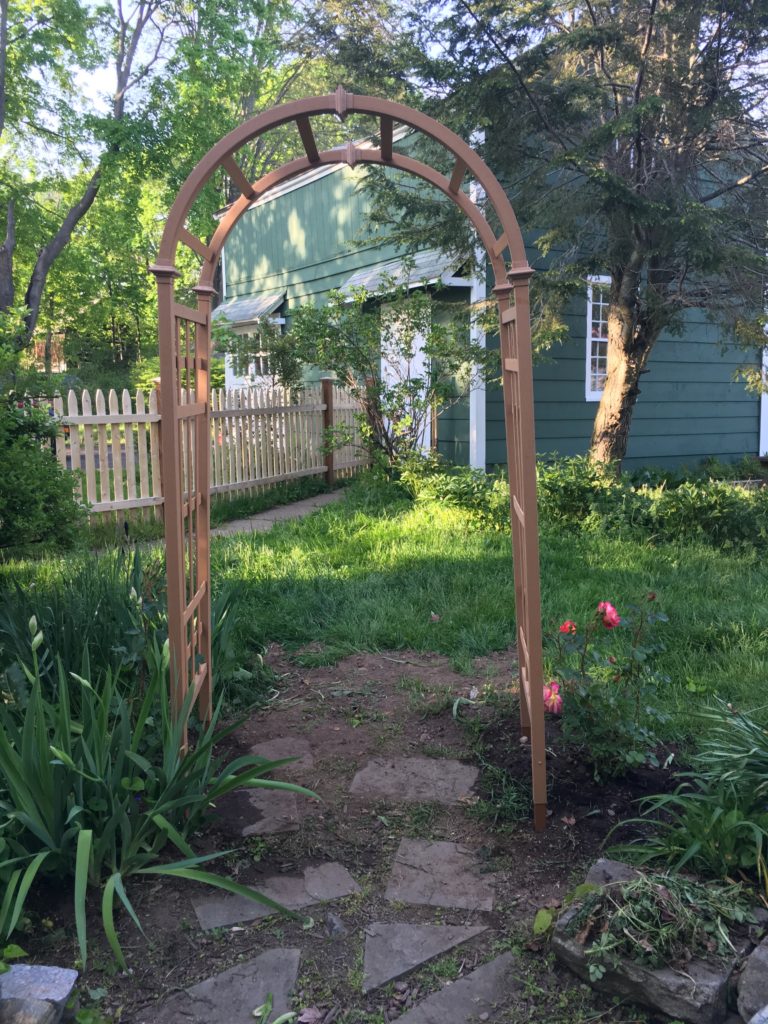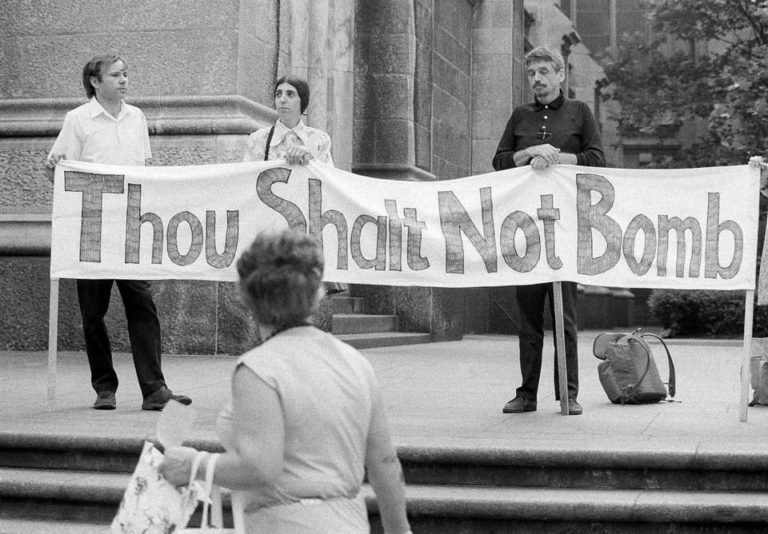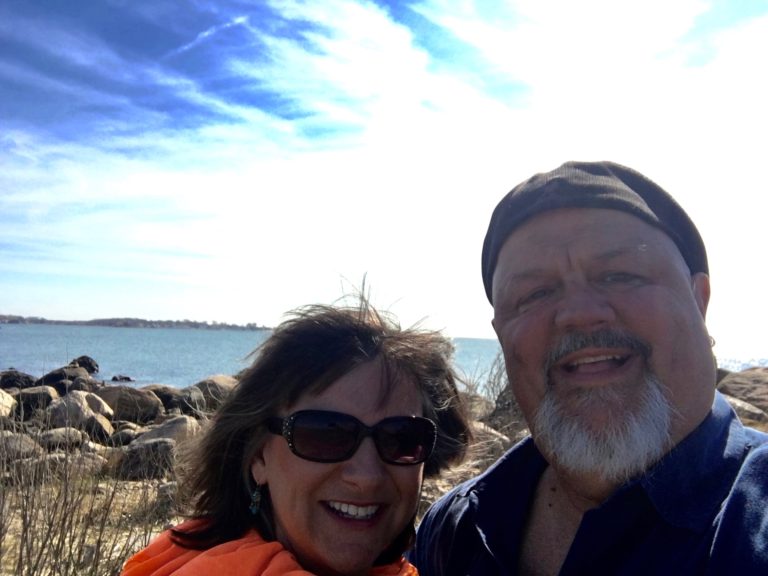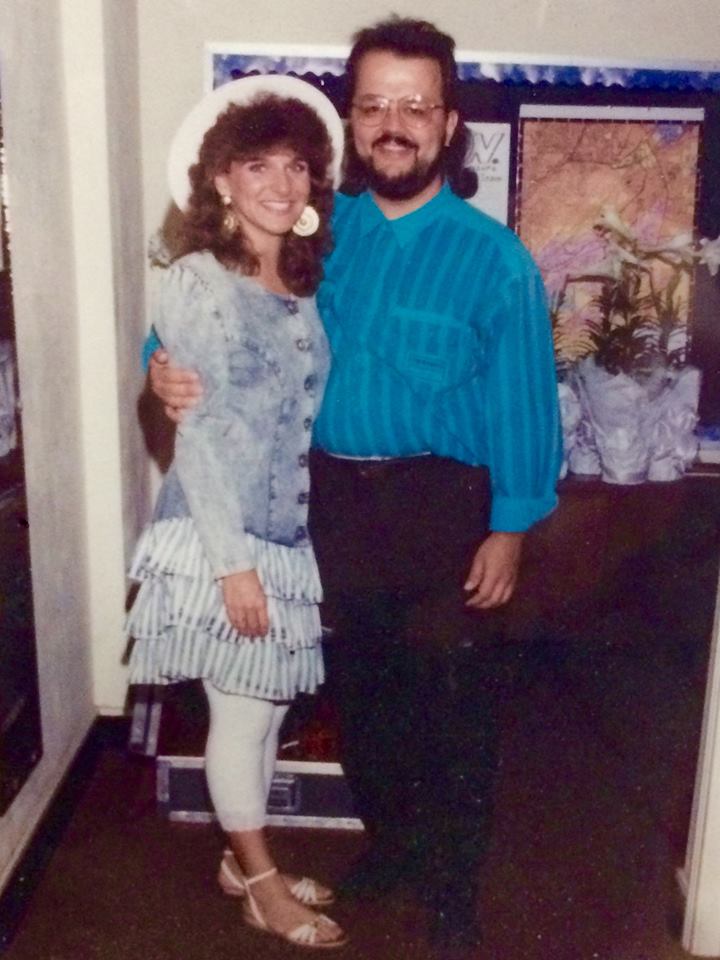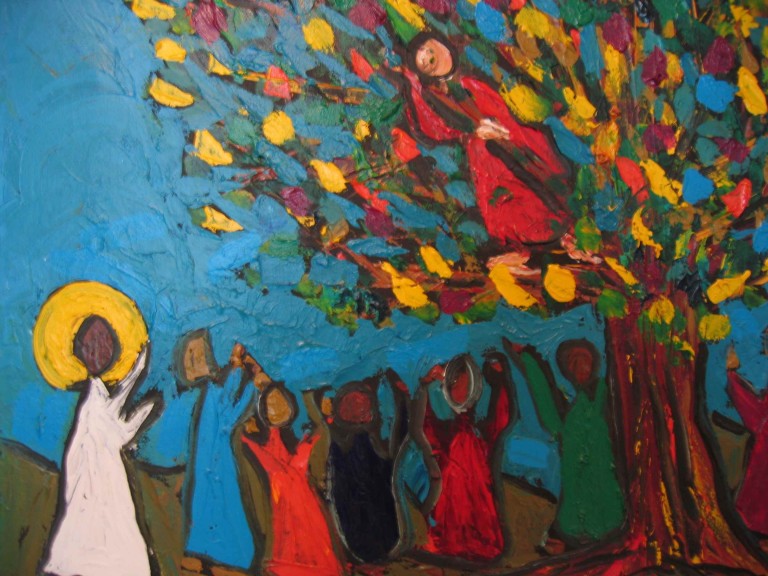I have been quiet for a long time, I know.
One of these things I learned about myself is I grew weary of feeling I needed to respond to the issues of the day—and by “needed” I mean allowing myself the luxury of thinking I had something that had to be said. I stay somewhat amazed at those who have articulate and lengthy posts and articles ready to actually meet the schedule of the twenty-four hour news cycle and the growing brevity of our cultural attention span. I am not among them. Rather than succumb to what felt like the tyranny of the immediate, I chose to stay quiet. Not silent. Quiet. To give myself room to learn to listen better, rather than to try to become better at the quick draw.
Even as I write, I realize it was not all by choice. I have been quiet these days because they have been full of change and challenge, of death and life. Though my mother has been dead nearly seven months, learning how to live as an orphan feels brand new. I am overjoyed at my new job as an editor, and the chance to work with words that matter for a living, and I am adjusting to moving from the extrovert havens of the classroom, kitchen, and retail store to the, well, quiet of my cubicle where most of my daily conversations happen on the page. I am seeing myself in new lights, finding space I have not known in years. The rhythms have changed; I am learning a new dance.
My new job means a lot of time on trains going back and forth between Guilford and New York, which means I have read more books in the last month and a half than I did in the year previous. My heart and mind feel full. I have remembered experientially that to write one must read. As I work on what I hope will be my next book—and a book about grief (I think), I am reading all over the place: reading because of the writer, because of the subject, because of the beauty of the language. And I am reading books for no particular purpose other than to take the journey. Even as these days feel framed by sadness, I am content.
The variety of reading has created conversations. In The Orphaned Adult, Alexander Levy offered these words: “Most of us don’t want to know how ordinary we are, especially in our suffering.” Today, as I was rereading Nora Gallagher’s Things Seen and Unseen, I heard her respond, “The road to the sacred is paved with the ordinary.”
When I posted Levy’s words on my Facebook page, a friend who is also a member of the Dead Dad’s Club wrote, “When my Dad died, I didn’t want my grief to be ordinary because I was afraid that would make my Dad ordinary, which he most certainly was not. None of us are ordinary in that sense – beautifully and uniquely created, right? So my loss, while relatable, isn’t ordinary. It is uniquely created as well, yes? I find myself totally agreeing and totally disagreeing with the statement. Thanks for sharing.”
I read her words and responded, “I feel the same way. What feels most uniquely ours is what connects us to one another.”
The continuing refrain I hear as I learn to sing the songs of hope and sadness that make up the soundtrack of our lives is that what is new to me is not new. On the days when I feel like nobody knows the trouble I’ve seen, I only need to look down and notice I am walking a well-worn path; I am not alone, even in my loneliness. And even that is not an original observation. I heard it along the way and remembered.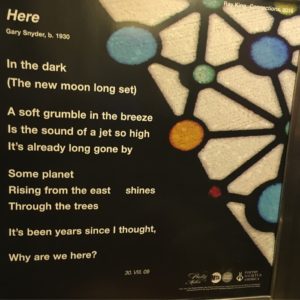
Earlier this week, I rode the Number 1 train from Penn Station up to 110th Street and Cathedral Parkway to visit the Cathedral of St. John the Divine because I had never been there and because I want to feel like I do more than go to New York to work and then come home. As I was riding back, I saw a poster on the wall in my subway car for a promotion called “Poetry in Motion”. I read the poem and took a picture. Here is the text.
Here
by Gary Snyde
In the dark
(The new moon long set)
A soft grumble in the breeze
Is the sound of a jet so high
It’s already long gone by
Some planet
Rising from the east shines
Through the trees
It’s been years since I thought
Why are we here?
A couple of stops later, a young couple got on the train—and by young, I mean teenagers. They were both dressed in black. His hair was curly on top and shaved to a fade on the sides. She had long black hair and bright red lipstick. Urban kids. They stared and talked only to each other, and then he saw the poster. He read the poem and then took out his camera, just as I had done. “I did that, too,” I said. He offered a faint smile and returned his focus to the young woman. I got off the train and joined life again above ground, mindful that neither of us had been the first to engage the poem, anymore than we had been the first ones to ride the train.
“There’s nothing new under the sun,” the writer of Ecclesiastes proclaimed in words far too easy to read as despairing. “ People may say about something: “‘Look at this! It’s new!’ But it was already around for ages before us.” (1:9-10, Common Bible) Yet, by the time he gets to the end of what he has to say, he appears to be as acquainted with hope as he is with grief: “Go, eat your food joyfully and drink your wine happily because God has already accepted what you do.” (9:7) Amen.
There’s nothing new under the sun, and it is new to me and you. Both things are true. The well-worn path to the sacred is in the ordinary. I’m learning to be quiet and listen.
Peace,
Milton
